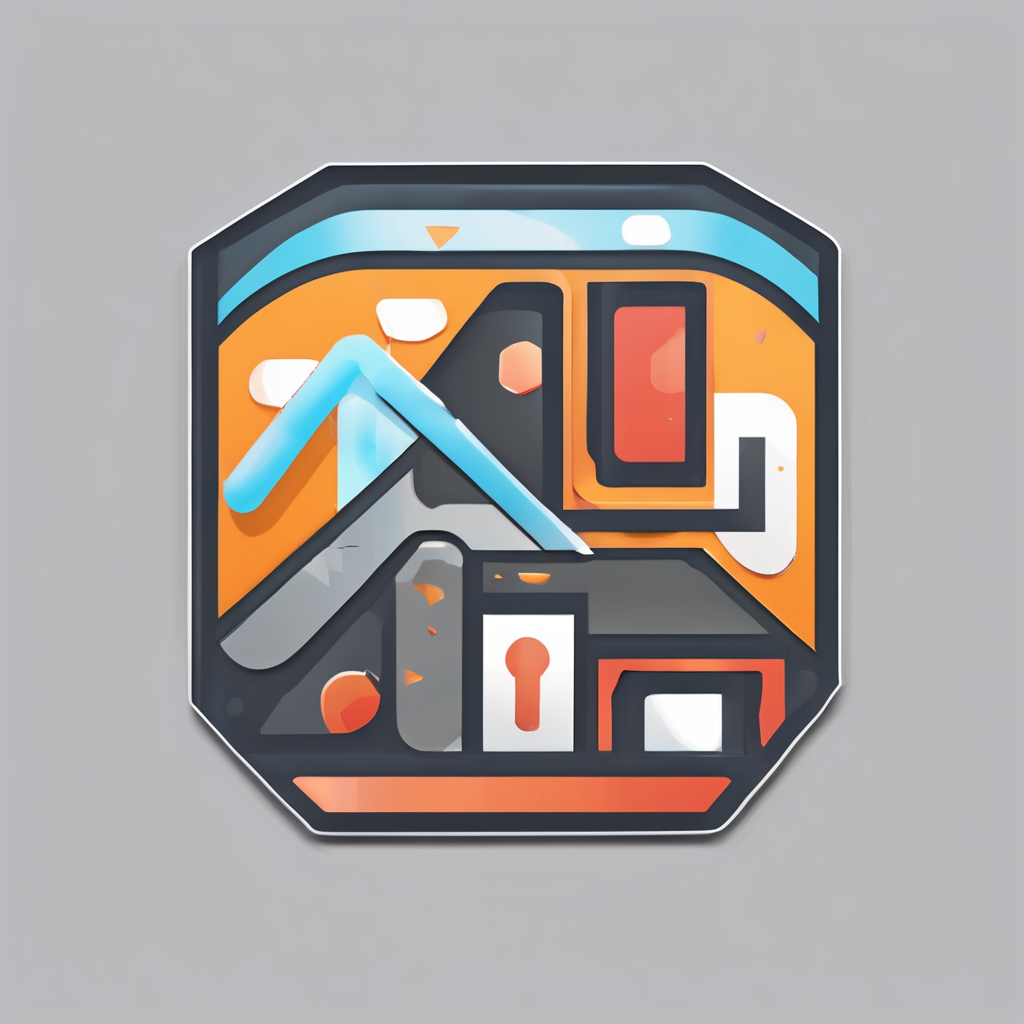Understanding Heart Rate Variability and Anxiety Management
Heart Rate Variability (HRV) is a fascinating metric that serves as a window into our mental and emotional well-being. At its core, HRV measures the variation in time between each heartbeat, and it’s gaining significant attention in the realm of mental health. A higher HRV indicates a robust parasympathetic nervous response, reflecting a relaxed state. In contrast, lower variability suggests stress or anxiety.
The relationship between HRV and anxiety is direct yet complex. High anxiety levels can lower HRV, signalling heightened stress responses. Conversely, strategies aimed at increasing HRV, such as mindfulness and deep breathing, can effectively aid in anxiety management. The key is recognising that fluctuations in HRV can act as an early indicator of emotional distress, providing an actionable cue to implement calming techniques.
Also read : Virtual Support Communities: Revolutionizing Mental Health for Cancer Survivors
Monitoring HRV offers tangible benefits in anxiety management. Regular tracking can help individuals understand their emotional patterns and triggers, empowering them to proactively address anxiety. By keeping an eye on HRV, individuals gain an insightful tool for assessing stress levels and making informed decisions to enhance emotional well-being, fostering a balanced and healthier lifestyle.
Overview of Smartphone Apps for Tracking HRV
In a world increasingly focused on mental health, smartphone apps have emerged as essential tools for HRV tracking. Offering ease of use and accessibility, these apps provide valuable insights into emotional well-being and anxiety levels.
Also read : Unlocking Wellness: The Transformative Power of Continuous Blood Pressure Monitoring for Hypertensive Care
Several popular smartphone apps are designed specifically for HRV tracking, providing users with actionable data to monitor their stress and anxiety. Features such as real-time HRV monitoring, personalised feedback, and recommendations for anxiety management make these apps highly effective mental health tools. Moreover, they often integrate seamlessly with wearable devices, significantly enhancing the quality and accuracy of HRV measurements.
Apps like Elite HRV, Welltory, and HRV4Training offer comprehensive features, from detailed trend analyses to daily stress management tips. These tools can help individuals track their HRV over time, recognising patterns that could indicate emotional or mental shifts. With the integration of wearables like smartwatches or fitness bands, users can receive even more accurate data, offering a clearer picture of their heart rate variability and, consequently, their mental state.
These smartphone solutions are transforming accessibility to HRV monitoring, making managing one’s anxiety more practical and informed.
Effectiveness of Smartphone Apps: User Experiences and Scientific Evidence
Smartphone apps for HRV tracking are often applauded for their app effectiveness and utility in anxiety management. Many users report experiencing significant relief from anxiety symptoms by employing these apps in daily routines. The intuitive design and interactive feedback provided by these tools can make users feel more in control and aware of their emotional well-being.
Key findings from scientific studies underscore the value of these apps, combining user reviews and empirical research to validate their benefits. Most studies indicate a positive correlation between regular HRV monitoring via apps and reduced anxiety levels. This suggests that structured and sustained use of these apps can be a pivotal element of a holistic anxiety management plan.
Comparatively, app effectiveness varies based on personal preferences and needs. Some users favour apps with detailed analytics, while others prefer apps featuring real-time feedback and personalised insights. Regardless of preference, these apps continue to evolve, offering tailored experiences and becoming invaluable tools in improving mental health. Consequently, these digital solutions play a crucial role in contemporary strategies for tackling stress and anxiety effectively.
Practical Tips for Using HRV Tracking Apps for Anxiety Relief
Bringing HRV tracking apps into daily life can significantly support anxiety relief when used effectively. Selecting the right app is crucial. Here are some practical tips: start by identifying apps that offer real-time data, personalised insights, and seamless integration with your preferred wearable device. A simple interface with user-friendly features can enhance the overall experience.
To maximise benefits, incorporate the app into your daily routine. Schedule regular intervals for checking your HRV metrics and set reminders for relaxation exercises prompted by the app. This established routine creates a habit and aids in better anxiety management.
Interpreting the data from these apps can initially be daunting. Start with familiarising yourself with baseline HRV patterns, then gradually move to identify deviations and their possible emotional triggers. Use in-app educational resources to deepen your understanding of your emotional well-being through the data provided.
Tracking progress is essential for motivation. Many apps offer features that highlight improvements in stress levels over time, reinforcing the positive impact of sustained app usage. By staying engaged, you gradually build a resilient approach to handling anxiety, with the app as a reliable ally.
Future Trends in HRV Monitoring and Anxiety Management
As technology continues to evolve, the future of Heart Rate Variability (HRV) monitoring looks promising, particularly in anxiety management. Emerging technologies are set to enhance the precision and accessibility of HRV data. Wearables equipped with advanced sensors are becoming more sophisticated, offering more reliable insights into one’s emotional and physical state.
Artificial Intelligence (AI) and machine learning are pivotal in improving mental health apps. These technologies can analyse vast data sets to provide personalised feedback and predictive analytics, aiding in the early detection of anxiety symptoms. This level of personalisation could transform the way users manage their mental health, providing a tailored approach to manage anxiety.
Future trends also point towards integrated platforms that unify different health data sources, offering a holistic view of an individual’s wellness. As these technologies converge, we may see more comprehensive and effective HRV tracking apps, making anxiety management more informed and intuitive. With ongoing advancements, the potential for these tools to reshape mental health care is immense. The future of HRV monitoring promises enhanced engagement, delivering profound positive impacts on emotional well-being.


